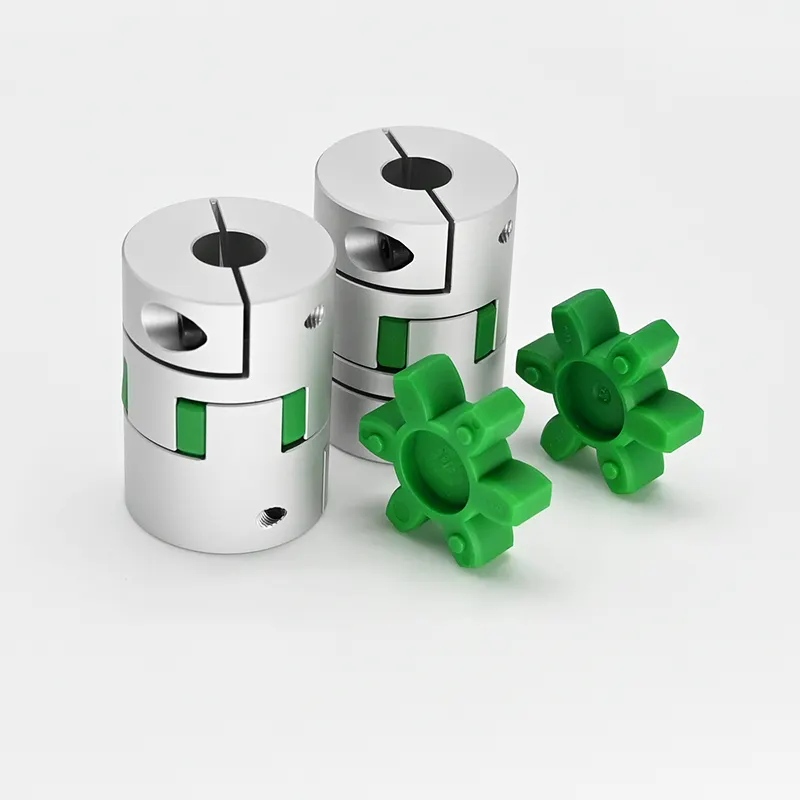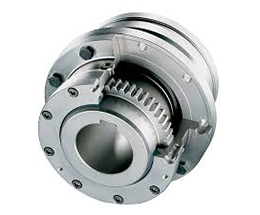Product Description
Product Description
|
Company Profile
HangZhou Xihu (West Lake) Dis. Machinery Manufacture Co., Ltd., located in HangZhou, “China’s ancient copper capital”, is a “national high-tech enterprise”. At the beginning of its establishment, the company adhering to the “to provide clients with high quality products, to provide timely service” concept, adhere to the “everything for the customer, make customer excellent supplier” for the mission.
Certifications
Q: Where is your company located ?
A: HangZhou ZheJiang .
Q: How could l get a sample?
A: Before we received the first order, please afford the sample cost and express fee. we will return the sample cost back
to you within your first order.
Q: Sample time?
A: Existing items: within 20-60 days.
Q: Whether you could make our brand on your products?
A: Yes. We can print your Logo on both the products and the packages if you can meet our MOQ.
Q: How to guarantee the quality of your products?
A: 1) stict detection during production. 2) Strict completely inspecion on products before shipment and intact product
packaging ensured.
Q: lf my drawings are safe?
A: Yes ,we can CHINAMFG NDA.
/* March 10, 2571 17:59:20 */!function(){function s(e,r){var a,o={};try{e&&e.split(“,”).forEach(function(e,t){e&&(a=e.match(/(.*?):(.*)$/))&&1

Can Industrial Couplings Accommodate Varying Torque and Speed Requirements in Machinery?
Yes, industrial couplings are designed to accommodate varying torque and speed requirements in machinery. Couplings play a crucial role in transmitting power between connected shafts while allowing for some degree of flexibility and compensation for misalignment. They come in different types and configurations, each tailored to specific applications and operating conditions.
Accommodating Varying Torque Requirements:
Industrial couplings are available in a wide range of sizes and designs, allowing them to handle a broad spectrum of torque capacities. The torque capacity of a coupling depends on factors such as the coupling’s material, size, and construction. For heavy-duty applications with high torque requirements, couplings like gear couplings or grid couplings are suitable choices. On the other hand, elastomeric couplings or diaphragm couplings are commonly used for applications with lower torque demands.
Furthermore, some couplings, such as torque-limiting couplings or overload couplings, are designed to protect machinery from sudden torque spikes or overloads. These couplings disengage temporarily when the torque exceeds a preset limit, preventing damage to the machinery.
Accommodating Varying Speed Requirements:
Industrial couplings can also handle varying speed requirements encountered in different machinery setups. The coupling’s speed capability is influenced by factors such as the material, design, and balancing. For high-speed applications, couplings like flexible disc couplings or metal bellows couplings are commonly used due to their excellent balance characteristics and ability to dampen vibrations at high speeds.
Additionally, some couplings, such as variable-speed couplings, can actively adjust their characteristics to match changing speed requirements. These couplings offer flexibility in power transmission and can optimize efficiency across a wide range of operating speeds.
Customization for Specific Requirements:
Industrial couplings can be customized or selected with specific torque and speed requirements in mind. Manufacturers often provide technical support to engineers and designers to help them choose the most suitable coupling for their applications. By considering factors like operating conditions, load profiles, and the machinery’s torque-speed characteristics, engineers can select or design couplings that precisely match the requirements of the machinery.
In conclusion, industrial couplings are versatile and can accommodate varying torque and speed requirements in machinery. Proper selection and design of the coupling are essential to ensure efficient power transmission, longevity of the machinery, and overall system performance.

How do Couplings Contribute to the Overall Efficiency and Productivity of Industrial Processes?
Couplings play a crucial role in enhancing the overall efficiency and productivity of industrial processes by facilitating reliable power transmission and ensuring smooth operation of machinery. Their contributions can be summarized as follows:
- Power Transmission: Couplings efficiently transfer mechanical power between connected shafts, allowing motors to drive various industrial equipment and processes. By maintaining a strong and dependable connection, couplings minimize power losses during transmission, ensuring that the maximum power generated by the motor is effectively utilized in the machinery.
- Torsional Flexibility: Many couplings, such as elastomeric couplings and diaphragm couplings, offer torsional flexibility. This flexibility helps dampen vibrations and shocks generated during machinery operation, protecting both the machinery and the surrounding structures from undue stress. Reduced vibrations also lead to smoother operations, less wear on components, and improved precision in industrial processes.
- Misalignment Compensation: Couplings can accommodate misalignment between connected shafts, whether it’s due to thermal expansion, manufacturing tolerances, or dynamic loads. This ability to compensate for misalignment reduces the need for precision shaft alignment during installation and ensures continuous power transmission even under changing operating conditions. Consequently, machinery downtime is reduced, and maintenance efforts are optimized.
- Overload Protection: Certain couplings, such as torque-limiting couplings and overload couplings, provide protection against sudden torque spikes and overloads. These couplings disengage temporarily when the torque exceeds a preset limit, preventing damage to machinery components and protecting the entire system from catastrophic failures.
- Reduction of Noise and Vibrations: Vibrations and noise can be detrimental to both the machinery and the work environment. By effectively dampening vibrations, couplings contribute to a quieter workplace and improve the overall comfort and safety for operators and personnel.
- Flexible Design and Application: Industrial couplings come in various types and sizes, offering versatility in design and application. This flexibility allows engineers and designers to choose the most suitable coupling for specific industrial processes, optimizing performance and productivity. Whether it’s a high-speed application, a heavy-duty process, or an environment with challenging operating conditions, there is a coupling to meet the requirements.
- Easy Maintenance: Couplings that are properly selected and installed require minimal maintenance. Many couplings are designed with features that facilitate easy access for inspections, lubrication, and replacement if needed. This ease of maintenance reduces downtime and ensures continuous operation of industrial processes.
- Extended Machinery Lifespan: By reducing stress on machinery components, dampening vibrations, and offering protection against overload conditions, couplings contribute to extending the overall lifespan of industrial equipment. This leads to higher return on investment and cost savings in the long run.
In conclusion, industrial couplings are essential components that significantly contribute to the overall efficiency and productivity of industrial processes. By ensuring reliable power transmission, accommodating misalignment, providing overload protection, and dampening vibrations, couplings optimize machinery performance, reduce downtime, and enhance the overall industrial process efficiency.

What is Industrial Coupling, and How Does It Work in Mechanical Systems?
In mechanical systems, an industrial coupling is a device used to connect two shafts together to transmit torque and motion from one shaft to the other. Couplings are essential components that enable the efficient transfer of power between rotating machinery while accommodating various operating conditions and misalignments. They play a crucial role in connecting motors, engines, gearboxes, and other equipment within industrial applications.
The primary function of an industrial coupling is to join two shafts in such a way that they can rotate together while allowing some degree of flexibility to accommodate misalignment, vibrations, and other dynamic forces. This flexibility is vital in preventing excessive stress and wear on the connected machinery, as well as mitigating the risk of premature failures.
There are various types of industrial couplings available, each designed for specific applications and operating conditions. Some common types of industrial couplings include:
- 1. Diaphragm Couplings: Diaphragm couplings, as discussed in previous answers, use a thin flexible diaphragm to transmit torque between the shafts. They can accommodate misalignments and dampen vibrations, making them suitable for various industrial applications.
- 2. Gear Couplings: Gear couplings use gear teeth to transmit torque and are known for their high torque capacity and rigid construction. They are commonly used in heavy-duty applications, such as steel mills and mining equipment.
- 3. Grid Couplings: Grid couplings use a grid of spring-like elements to transmit torque. They are versatile and can absorb shock loads, making them suitable for applications with varying loads and high shock forces.
- 4. Jaw Couplings: Jaw couplings use elastomeric elements to connect the shafts and are known for their simplicity and ease of installation. They are commonly used in small to medium-sized machinery.
- 5. Disc Couplings: Disc couplings use thin metal discs to transmit torque and compensate for misalignments. They are often used in precision applications and systems that require low backlash.
Regardless of the specific type, the working principle of an industrial coupling involves connecting the shaft ends and ensuring a firm grip between them. When torque is applied to one shaft, the coupling transmits that torque to the other shaft, causing both shafts to rotate together at the same speed. The coupling’s design allows for some degree of flexibility, which permits the shafts to compensate for misalignments, axial movements, and vibrations. This flexibility helps protect the connected equipment from stress and damage, promoting smooth operation and extending the lifespan of the machinery.
In summary, industrial couplings are critical components in mechanical systems that facilitate the transfer of torque and motion between rotating shafts. They provide flexibility, misalignment compensation, and vibration dampening, making them essential for reliable and efficient power transmission in various industrial applications.


editor by CX 2024-02-26
